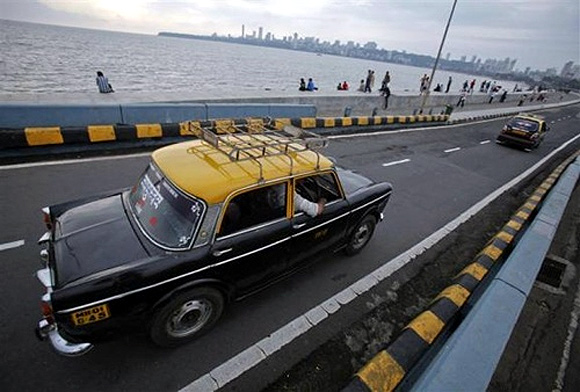
When former Prime Minister Atal Bihari Vajpayee announced his acclaimed National Highway dream, he would have been well advised to simultaneously set up an independent road regulator.
Way back then - in the late nineties - the creation of the National Highways Authority of India (NHAI) should have had a matching institution in the road regulator.
Then, we would not have had the anguish of 15 years of highways' public-private partnership (PPP) capacity-building model lying in tatters - the private sector grimly moving away from PPP, banks sitting on non-performing assets, the NHAI moving back in time to engineering, procurement and construction contracts (or EPC) and road targets unmet for many years. Most importantly, the Indian road-user has not got the bang for his toll buck.
Clearly, the "one size fits all-solves all" Model Concession Agreement is not so "model" after all - if the underlying enabling conditions are left unaddressed.
The biggest "enabling condition" was to create a level playing field between "private" and "public", so that the two so-called "partners" could talk to each other as business partners at least - if not equals. And that, unfortunately, has not happened, or been addressed. And the consumer, in this case, the road user, has been forgotten in the melee to attract investments.
...
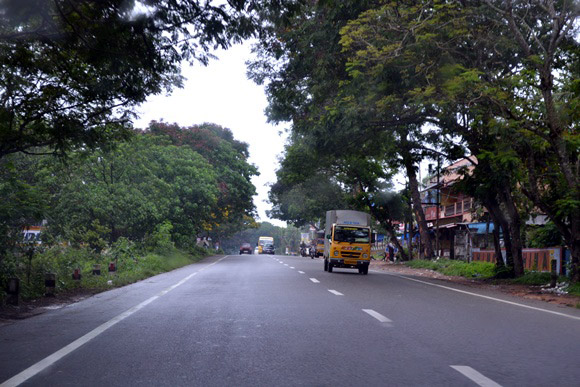
It is for this singular requirement - to create a level playing field - that an "independent" road regulator is required like there is no tomorrow.
Thankfully, the private sector's strident pleas were clearly heard by the government and a response articulated by Finance Minister P Chidambaram in his latest Budget Speech announcing the setting up of a road regulator. This is currently also on offer as a major reform initiative at various global roadshows.
Interestingly, though the Planning Commission had backed setting up a roads regulator in its 12th Plan Document, in an unexpected and unexplained change of stance, it now feels such a regulator is not required!
It is still not clear whether this view is of the Planning Commission as a whole or of a particular spokesperson. Anyway, the spokesperson's view, (as published in the Economic Times on June 2, 2013) reads as follows: "It would not serve any purpose. No country in the world has a regulator... ."
...
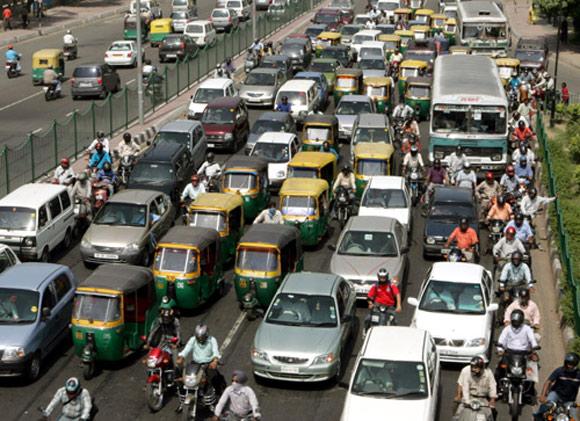
The argument is embellished on two counts. They are:
An economic regulator is required where there are market failures. In the case of the highways, it is a government failure and not a market failure.
Economic regulation all over the world is done in two ways: one by law (such as in the telecom and electricity sectors) and the other by contract, as in the case of the highways. In highways, all projects are awarded as a bilateral contract with clearly defined rules on the basis of an "excellent" model concession agreement. A regulator is, therefore, not needed; the NHAI can do the job with supervision from the Competition Commission of India.
These arguments ring hollow when the very same group wholeheartedly endorses the prime minister's request (at the behest of the private sector) and works assiduously to now offer the private sector a draft Public Contracts (Settlement of Disputes) Bill, 2013.
If existing systems were such epitomes of rational design, then why push this new Bill? It is a clear acceptance that existing templates are not delivering.
...
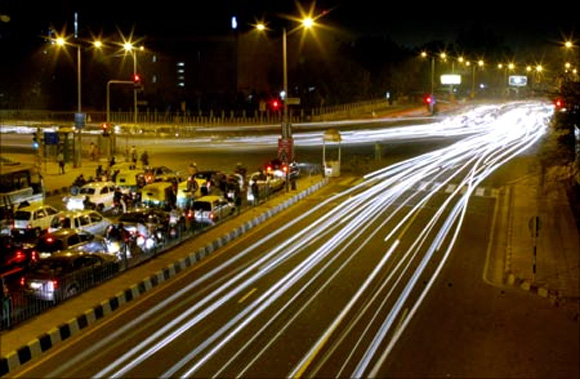
More importantly, the Planning Commission's studied view on the matter is well presented in Page 223, Para 15.108 of the 12th Plan Document.
It reads: "There is no independent regulatory authority for India's Roads and Highways sector. Current arrangement both at Centre and states (MORTH -Ministry of Road Transport and Highways, NHAI, Madhya Pradesh Road Development Corporation, Public Works Departments and so on) results in a potential conflict, as the rule making body is also the implementing body and there is no independent assessment of its performance across various parameters. There is, therefore, a need for a regulator whose key functions should include tariff setting, regulation of service quality, assessment of concessionaire claims, collection and dissemination of sector information, service-level benchmarks and monitoring compliance of concession agreements."
Moving on from the Planning Commission's unexplained lack of support and participation now in the creation of a road regulator, it is heartening to see, for the private sector, that MORTH has, (after the Budget Speech) picked up the gauntlet and is well on the way to crafting the necessary legislation.
...
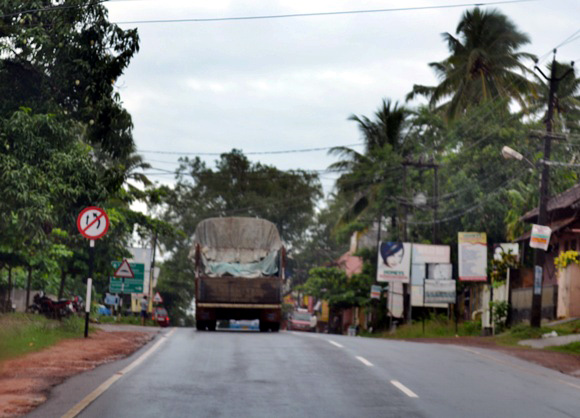
The government has done well to recognise six thrusts that clearly point to the imperative for a road regulator:
One, both MORTH and NHAI, apart from being signatories to the PPP agreements, also manage policy frameworks and guidelines for PPP projects; thus, being law-creator, judge, jury, accused, defendant - are all rolled into one conflicted-out and confusing bundle.
Two, there are significant contract management challenges associated with PPP projects and, increasingly, the NHAI is facing situations that trigger contract renegotiation requirements from the NHAI itself and from Concessionaires.
Three, since roads provide services directly to the citizens of India, issues relating to toll policy, safety, service levels, congestion, cross-subsidisation of development, parity of users, use of public money and technical choices, are debated from time to time, and various committees have to be constituted by the government of India to provide solutions to specific issues.
Four, there are substantial numbers of arbitration cases pending with the NHAI and state road agencies.
...
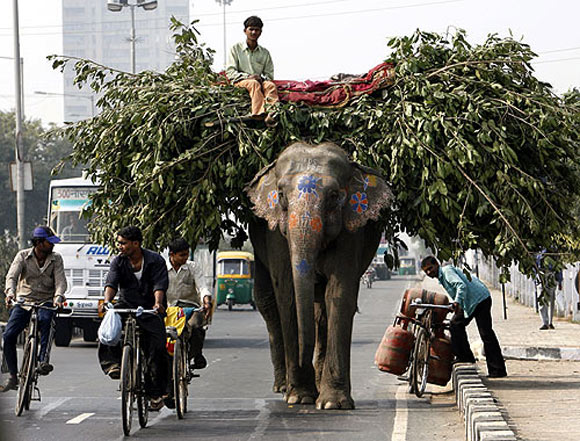
Five, the discharge of sovereign functions by the "public" partner in a PPP, like environmental clearances, land acquisition, utilities removal, state support agreements et al have been seen as germane to the creation of stranded assets and need clear mechanisms for review and redressal.
Six, an independent regulator would provide timely and relevant solutions and reduce the burden on line agencies so that they can focus on the implementation of projects, which is their prime responsibility and for which the nation is crying out.
Evidently, as India is forced to focus more and more on the governance aspects of infrastructure and natural resources (as distinct from the traditional "de-licensing-liberalisation" mantra), it is getting clearer that independent regulators are an important institutional intervention and solution.
In line with this thinking, there have been moves to create the Rail Tariff Authority, the coal regulator, the Petroleum and Natural Gas Regulatory Board, the Airports Economic Regulatory Authority, and refashioning of the Tariff Authority for Major Ports, over and above the well-established electricity and telecom regulators. Surely, in this gathering momentum to factor in the regulatory space, a road regulator cannot be wished away.
...
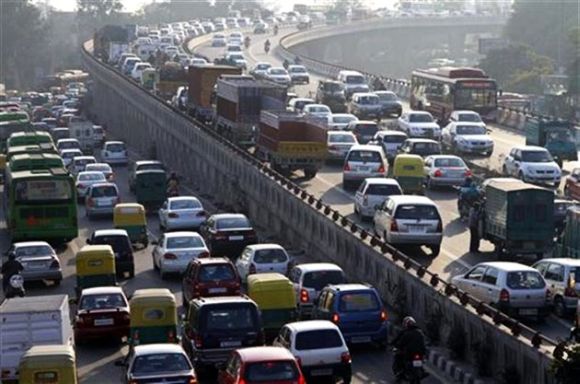
Appropriately, MORTH has held consultations with different classes of stakeholders. The broad messages that have emanated from these meetings are:
Attempts should be made to have a genuine road regulator that encompasses not only national highways, but also state highways, major district roads and village roads through appropriate mirroring in a federal structure.
It should be created through an Act of Parliament, preferably as a quasi-judicial tribunal, so that most issues can be kept out of the purview of civil courts.
It should have powers to renegotiate PPP concessions till such time as no other overarching PPP body for the same purpose is created.
Most importantly, the satisfaction of the road user - from pedestrian to all classes of vehicles - should be made the cornerstone for its oversight.
It is eagerly expected that along with other critical pieces of pending economic legislation, the government will put the road regulator in the fast lane.
(The writer is the Chairman of Feedback Infra.)